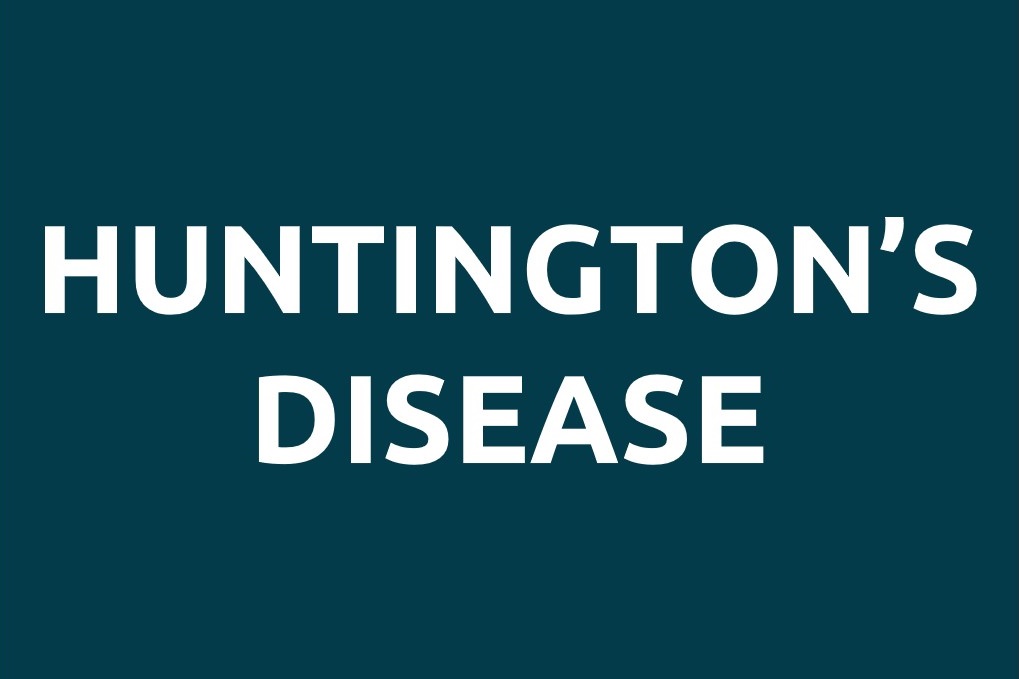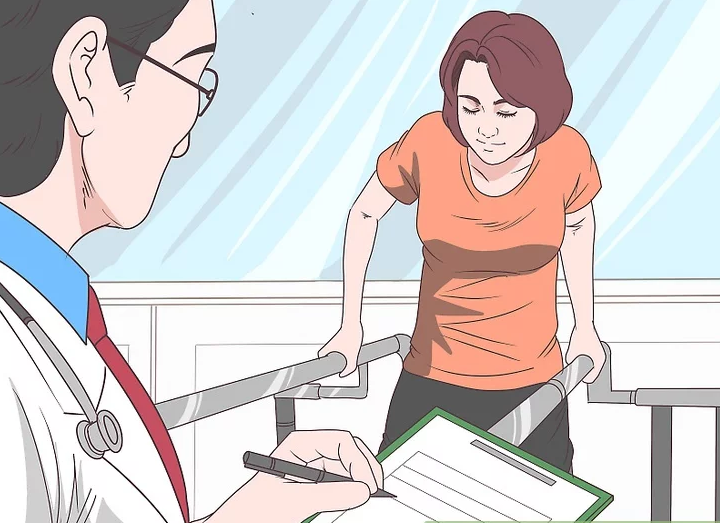

What is Huntington’s Disease (HD)?
Huntington’s Disease (HD) is a chronic, neurodegenerative brain disease. That means the nerve cells in your brain break down over time. The disease typically starts between ages 30 and 50, but it can begin when you are younger. HD affects your:
- Movement
- Behavior
- Thinking, understanding, learning, remembering
- Personality
The most common symptom is movement you cannot control, called chorea. Chorea causes dance-like movements. Other movement problems can include trouble with speech and walking. You may also experience these symptoms:
- Memory loss, poor concentration, trouble doing tasks, impulse control problems
- Depression and lack of interest
- Sleep changes
- Sexual problems
- Difficulty swallowing
- Falling
In the early years, some slight mental, emotional, and behavioral changes may come before the more obvious physical symptoms.
What is the cause?
HD is caused by expansion of part of a gene. This expansion causes increasing brain nerve cell loss. The more times the expansion repeats itself, the earlier HD begins. Genetic testing for this abnormal gene confirms the diagnosis. HD is inherited. You inherit sets of genes, one gene from your mother and one from your father. With HD, you only need to inherit the abnormal gene from one parent. If one parent has the abnormal gene, then each child has a 50% chance of inheriting HD. Sometimes the gene inheritance may not be obvious, like when parents die before their own disease began.
Is there a treatment for Huntington’s Disease?
Currently there is no treatment that can slow down or reverse the disease. HD is not curable now, but there are medications that can reduce some symptoms. These medications may help improve movement, depression, and behaviors. Ask your neurologist about your medication options.
Is Huntington’s Disease ever misdiagnosed?
In the early stages, HD may be difficult to diagnose, especially if you don’t know your family history. This is because symptoms are complex and vary from patient to patient. At first, symptoms like depression may be more obvious than the chorea. Once chorea is obvious, you can have an evaluation and genetic testing to get a diagnosis.
What can I expect as I live with HD?
As the disease progresses, these problems will get worse:
- Increased uncontrolled movements
- Changes in thinking, understanding, learning, and remembering
- Mental, emotional, and behavioral changes
You may experience difficulty speaking and swallowing. Choking may become a concern. In addition, emotional changes may increase, and depression is common. Other behavior changes may include:
- Lack of interest or caring
- Antisocial behavior
- Disorientation
- Stubbornness
Patients often feel frustrated when they realize they are gradually losing their physical and mental abilities. They can no longer do the common tasks they used to do. In the last stages of the disease, patients still may understand the daily routine and recognize people. However, they may no longer be able to look after themselves. HD patients may require 24/7 care as they lose their ability to talk, eat, walk, and control their bowels and bladder. Eventually, the disease may lead to choking, pneumonia, or another illness that end a patient’s life.
Ask your neurologist about the treatment options best for you.
